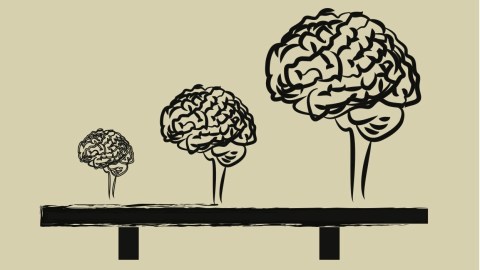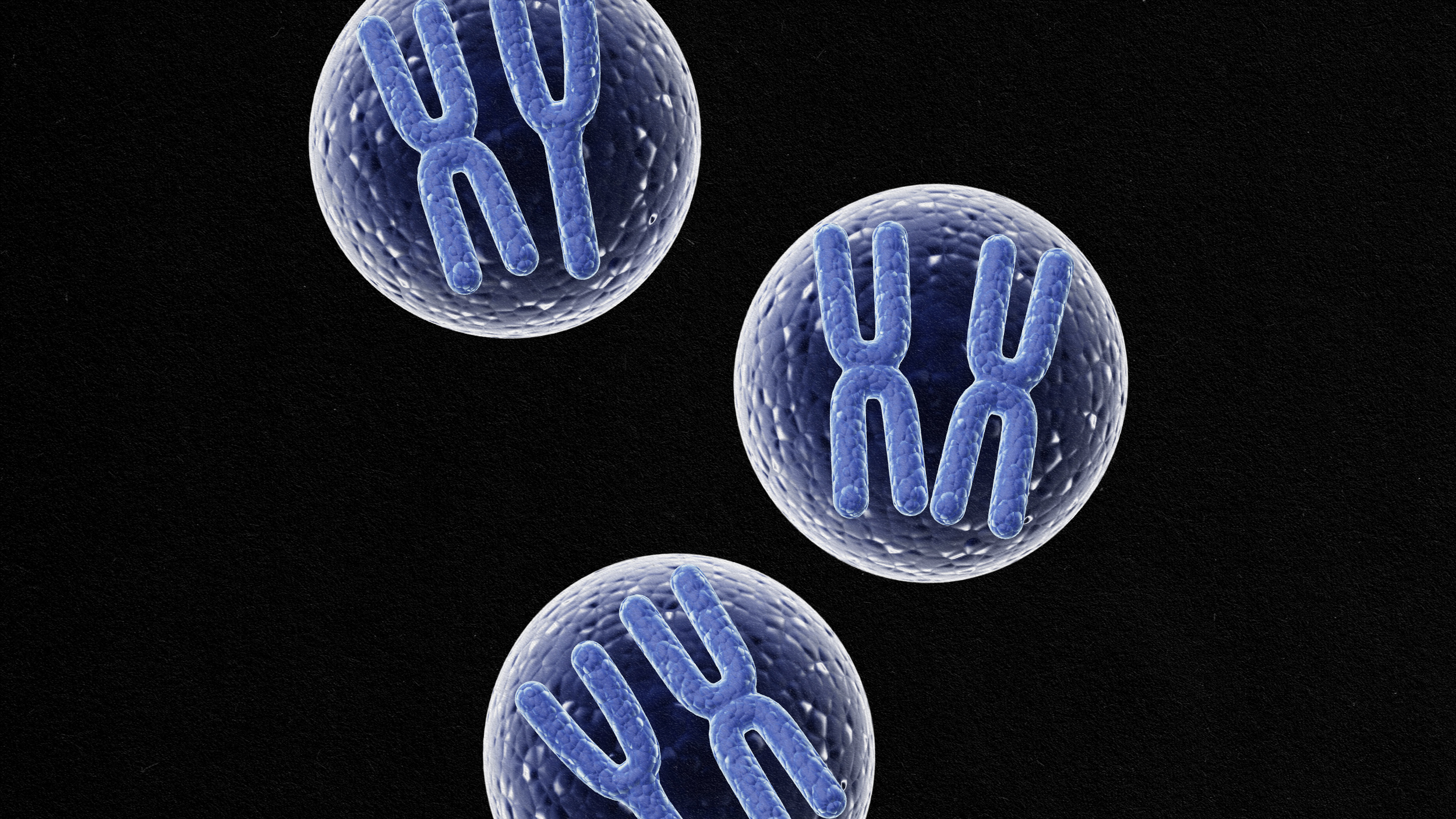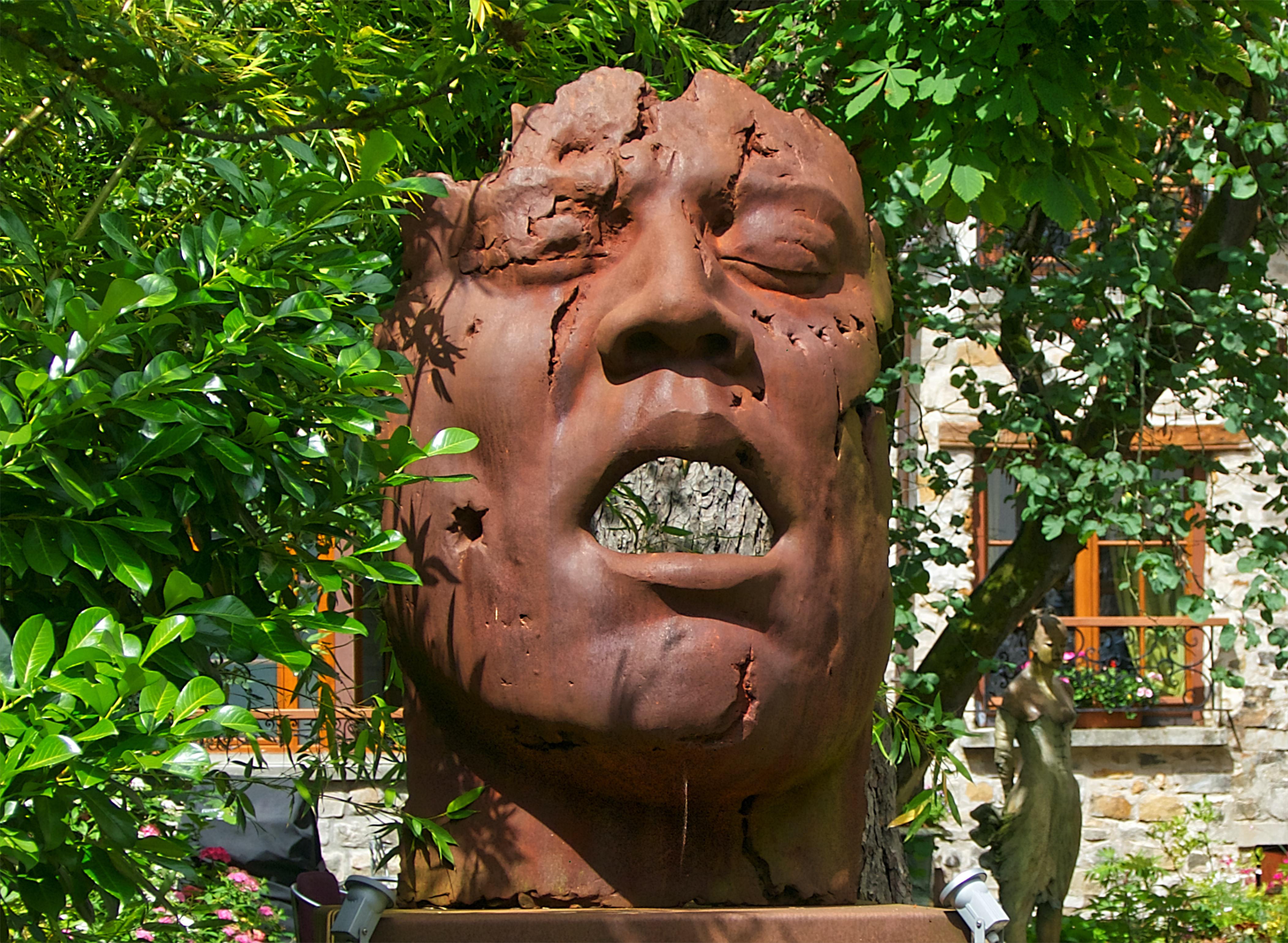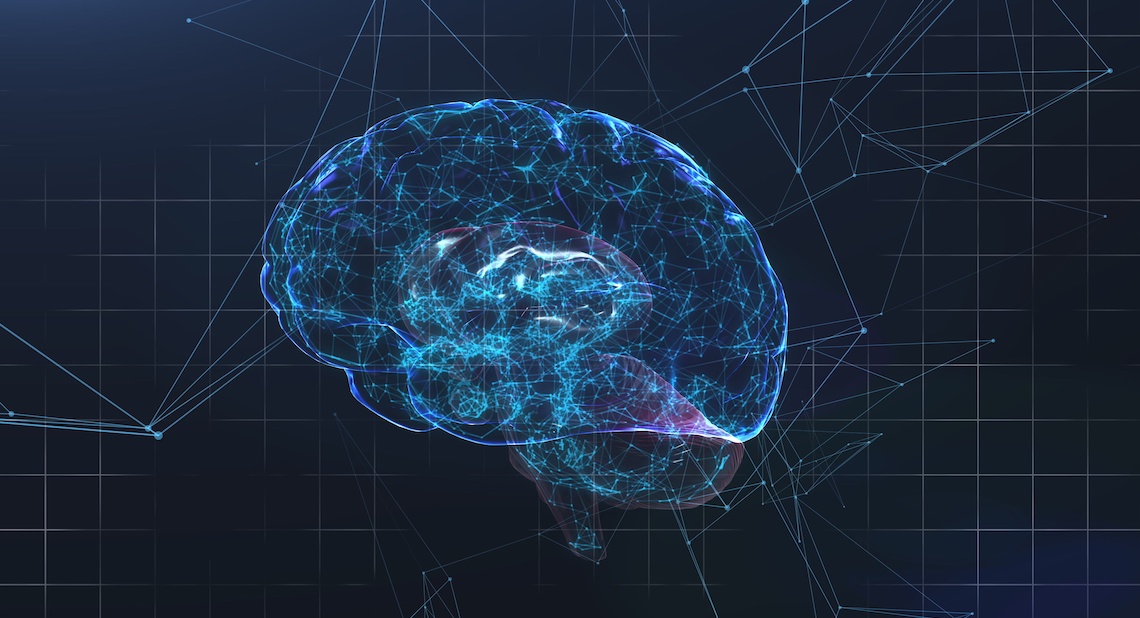Miniature Human Brains: A First in Lab-Grown Organs

What’s the Latest Development?
For the first time ever, scientists in an Austrian lab have created complex human brain tissue from stem cells, creating what the scientific community are now calling “mini-brains.” “These mini brains, which are a few millimeters across, develop several discrete but interdependent brain regions, including a cerebral cortex containing progenitor populations that organize and produce mature cortical neuron subtypes.” To make the mini brains, scientists generated a cell layer from which the nervous system derives and then maintained the cells in a 3D-culture, embedding them in droplets of a specific gel that provided a scaffold for complex tissue growth.
What’s the Big Idea?
Researchers cautioned that the development did not signal the creation of brains-in-a-vat that could achieve independent consciousness. Instead, the new tissue represents the kind of development that occurs within the first nine weeks of human pregnancy. “These models will not help to unpick the brain’s connectivity or higher mental functions, but they are excellent tools for studying both its early development and disorders that perturb those first steps.” In the future, more substantial lab-grown brains may help scientists unlock how mental disorders work on the mind, and help the pharmaceutical industry develop and test new drugs to combat them.
Photo credit: Shutterstock.com





